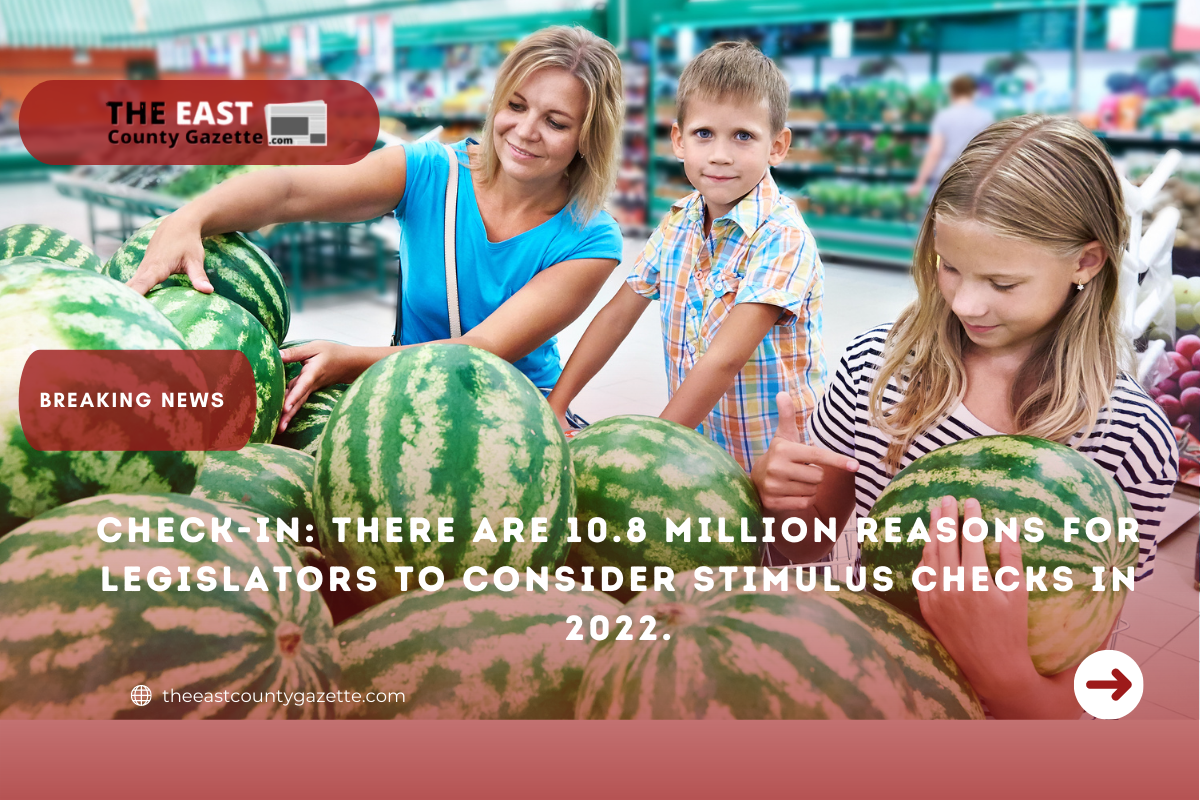In 2021, the federal government provided enormous financial aid to the American people. Direct deposits into their bank accounts were part of this. As a result of the long-term financial consequences of COVID-19, Congress passed a stimulus bill.
According to a report released in February 2022 by the US Department of Health and Human Services, these payments will have a significant influence on the number of people living in poverty. The results showed that relief payments kept millions of households out of poverty, especially families with children.

Only two stimulus programs were able to keep 10.8 million people out of poverty, and these two programs would be easy to recreate for lawmakers who want to alleviate the economic hardships that many people are still experiencing.
This stimulus alleviation helped a staggering number of people stay out of poverty.
An estimated 7.9 million Americans avoided poverty as a result of the American Rescue Plan Act’s economic impact payments, according to an HHS study released in February. An additional 2.9 million people were kept out of poverty as a result of the advanced Child Tax Credit. There were 1.8 million children among the 2.9 million persons counted.
Other stimulus measures, such as increased unemployment benefits, contributed to an overall increase in income for many more people, but these were not included. They did exactly two things: economic impact payments and early Child Tax Credits.
Those who were eligible for the EIP payments received $1,400 in stimulus cheques.
As a result, the advance Child Tax Credit raised the Child Tax Credit amount by an additional $3,600 for children under 6 and $3,000 for older children. There had previously been a maximum of $2,000 under the prior guidelines.
Previously, only $1,400 of the credit was refundable, but now the entire amount can be refunded. Instead of just decreasing a tax bill to zero, a refundable credit might return more money to taxpayers than they paid in taxes.
While the previous Child Tax Credit was only available when filing tax returns, the advance Child Tax Credits were handed out at a rate of $300 per month or $250 per month from July to December.
It was enough for millions of individuals to have this money given to them during the year to make a tremendous difference. Even in 2022, there’s a good case to be made for comparable aid, given the rising inflation caused by supply chain concerns left over from the pandemic.
Legislators have contemplated extending the enhanced Child Tax Credit, but no action has been taken so far.
As the cost of gas and other goods is expected to rise in the near future, lawmakers may decide that additional relief is required — especially since HHS data shows that payments made last year had such a positive impact on reducing poverty. However, lawmakers have not yet discussed another stimulus check.

